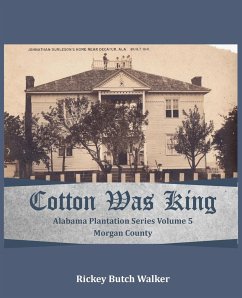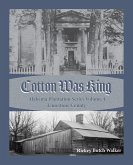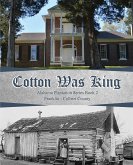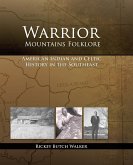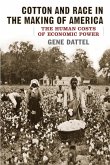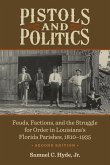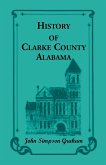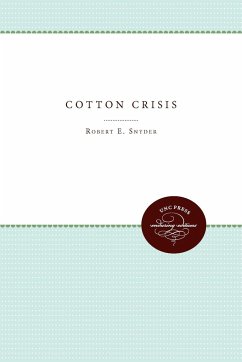Cotton Was King, Volume 5, Morgan County is a comprehensive collection of the historical migration of wealthy land speculators, cotton planters, slave holders, farmers, and settlers. These folks were coming to northwest Alabama for the land grab that resulted with the removal of the Cherokee, Chickasaw, Creek and other Tribes of indigenous peoples from Morgan County and across North Alabama. You will gain information Rickey Butch Walker has gleaned from a variety of sources including the Morgan County Censuses of 1830, 1840, 1850, and 1860. Morgan County was Cotaco County even before Alabama was a State, Decatur before it was the Morgan County Seat, and Rhodes Ferry before it was Decatur. You will read about the trails, roads, creeks, rivers, ferry locations, and boundary lines that crisscrossed early North Alabama in the late 1700's to the middle 1800's. You will find information about North Alabama's inhabitants during that time; where they migrated from and settled including their occupations, marriages, births, children, relatives, ages, land holdings/values, crops, livestock, property descriptions, when they died, and where they were buried. You will learn who the slave owners were and their vast land holdings until the end of the Civil War. You will also read about the first railroad south and west of the Appalachians which became known as the Tuscumbia, Courtland & Decatur Railroad Company and of its importance in transporting cotton around the dangerous Muscle Shoals onto river steamers and then on to the worldwide markets. And you will gain knowledge about the proximity of this railroad and why Decatur became the primary offloading point for the 1837-38 Indian removal.

